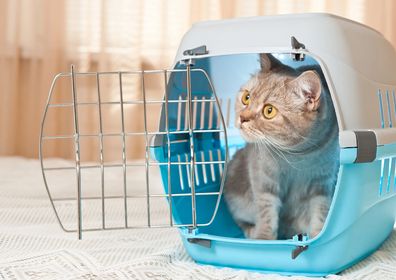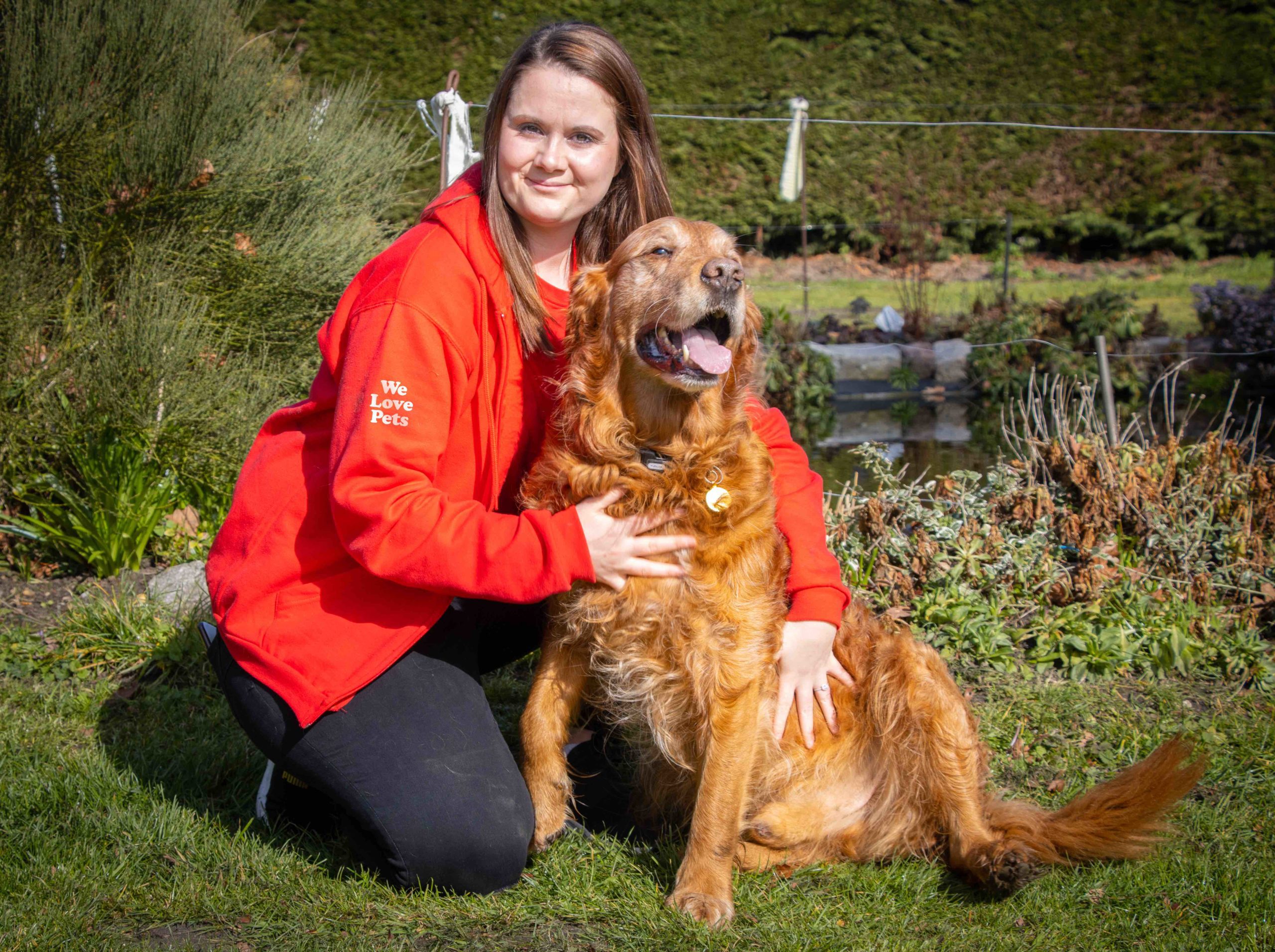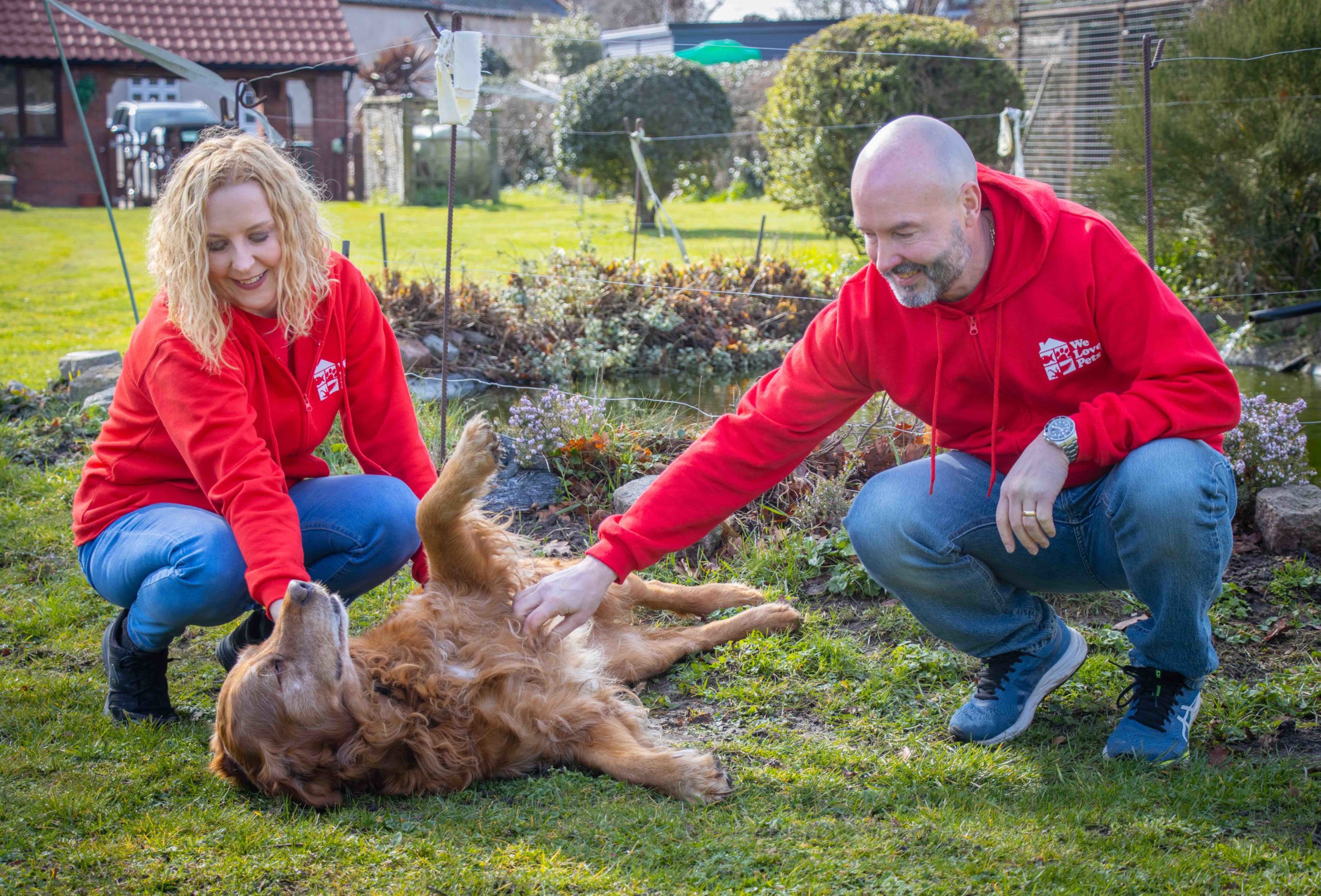February is Spay & Neuter Awareness Month in the UK – and we think it’s an important campaign to get behind! While neutering isn’t always suitable for every pet, it is recommended by many animal welfare organisations. Not only can spaying and/or neutering provide physical health benefits for your pet, but it prevents conception of unwanted litters and in turn, animal homelessness.
Find out more about fixing procedures, what to expect for your pet, and how it may benefit the larger animal community – below:
What is spaying/neutering?
Not only does spaying & neutering prevent future litters, but it may also provide protection from some illness and disease – so, it offers health benefits too! Spaying prevents ovarian and uterine cancers and pyometra, a uterine infection that may be fatal. Neutering prevents against testicular cancer and prostate issues.
Also, altered cats are more protected against feline aids and leukaemia which can be spread through bites (pets tend to bite their sexual competition, or when just playing around!).
So, should you spay or neuter your pet?
Spaying and neutering are surgical procedures that remove an animal’s reproductive organs. Females are ‘spayed’ by removing their ovaries and uterus, and males are ‘neutered’ by removing their testicles. Taking out the reproductive organs prevents the animals from further breeding.
Why do we ‘fix’ our pets?
Not only does spaying & neutering prevent future litters, but it may also provide protection from some illness and disease – so, it offers health benefits too! Spaying prevents ovarian and uterine cancers and pyometra, a uterine infection that may be fatal. Neutering prevents against testicular cancer and prostate issues.
Also, altered cats are more protected against feline aids and leukaemia which can be spread through bites (pets tend to bite their sexual competition, or when just playing around!).
So, should you spay or neuter your pet?
There are many benefits of fixing, but it’s not always the right option for every pet. Check out our pros & cons list to find out more about the upsides and downsides of the procedures before making your own decision:
Dogs
Pros
- Cleaner and calmer – females won’t go into heat, so no bloody discharge around your house
- Highly cost effective – costs less than taking care of your pet’s future offspring
- Prevents diseases – such as testicular and breast cancer, pyometra, and more
- Prevents unwanted pregnancies – in turn prevents animal homelessness and overcrowding of shelters
- Reduces behavioural issues – less aggression, males are less likely to stray from home
- Avoids issues with false pregnancies (pseudopregnancy) – including milk production, depression, aggression, and/or lack of appetite
Cons
- Hypothyroidism and obesity – hormones level might be affected including thyroid glands which could cause weight gain. However, neutering in itself won’t cause significant weight gain, but your dog may not need as much food after being neutered so it’s important to avoid overfeeding them.
- Urinary incontinence – doesn’t affect all dogs, but some may experience less bladder control post-op
- Side effects of anaesthesia – can cause nausea or have a bad reaction during or after surgery
Cats
Pros
- Calmer – in particular, male cats will have calmer and less aggressive behaviour
- Healthier – prevents cancers and infection so will have longer and healthier lives
- Removes risks of litters
- Urine won’t smell as strongly – and less likely to spray urine in your home
Cons
- Again, hormones level change may cause weight gain. However, neutering in itself won’t cause significant weight gain, but your cat may not need as much food after being neutered so it’s important to avoid overfeeding them.
When should I have my pet fixed?
There are some mixed opinions on which age is the best, but most sources agree that an appropriate time frame is:
Dogs: 6-9 months
Dogs may be neutered as adults but have a higher risk of surgical or post-operative complications.
Cats: 4-6 months
Cats become sexually mature around the five-month mark, so it’s recommended to neuter after they’ve had primary vaccinations – between 4-6 months. However, it’s quite safe to neuter older cats as well.
Rabbits: 4-6 months for females, 2-3 months for males
Rabbits can be neutered as soon as they sexually mature, which differs for each sex. While many female rabbits mature by 4 months, some vets will recommend waiting until closer to the 6-month mark for less risk during surgery.
Did you know?
- On average, for every 10 dogs born only 1 gets a forever home.
- Just one un-spayed, female dog and her offspring can produce
- 67,000 puppies six years’ time. And in seven years, one un-spayed, female cat and her offspring can produce as many as 370,000 kittens!
- On average, an estimated 250,000 animals go into rescue centres each year.
- According to PETA UK, at any given time there are an estimated 100,000 stray dogs and cats left to fend for themselves on the street.
When it comes to neutering an animal, there’s a lot of information to take in. It’s a good idea to do thorough research and have a chat with your family vet to decide what the best option is for your pets!




